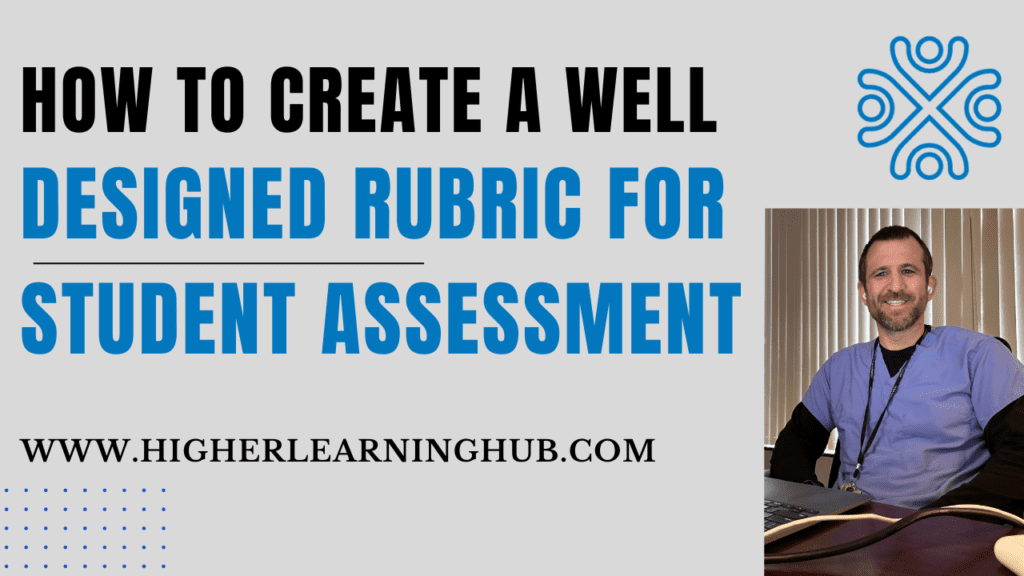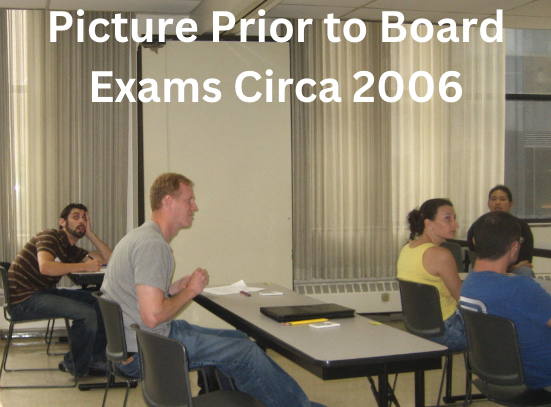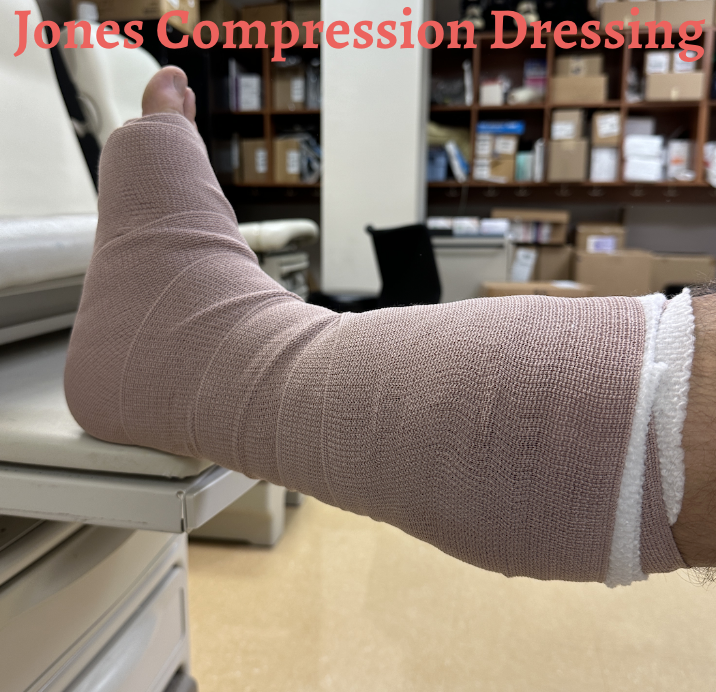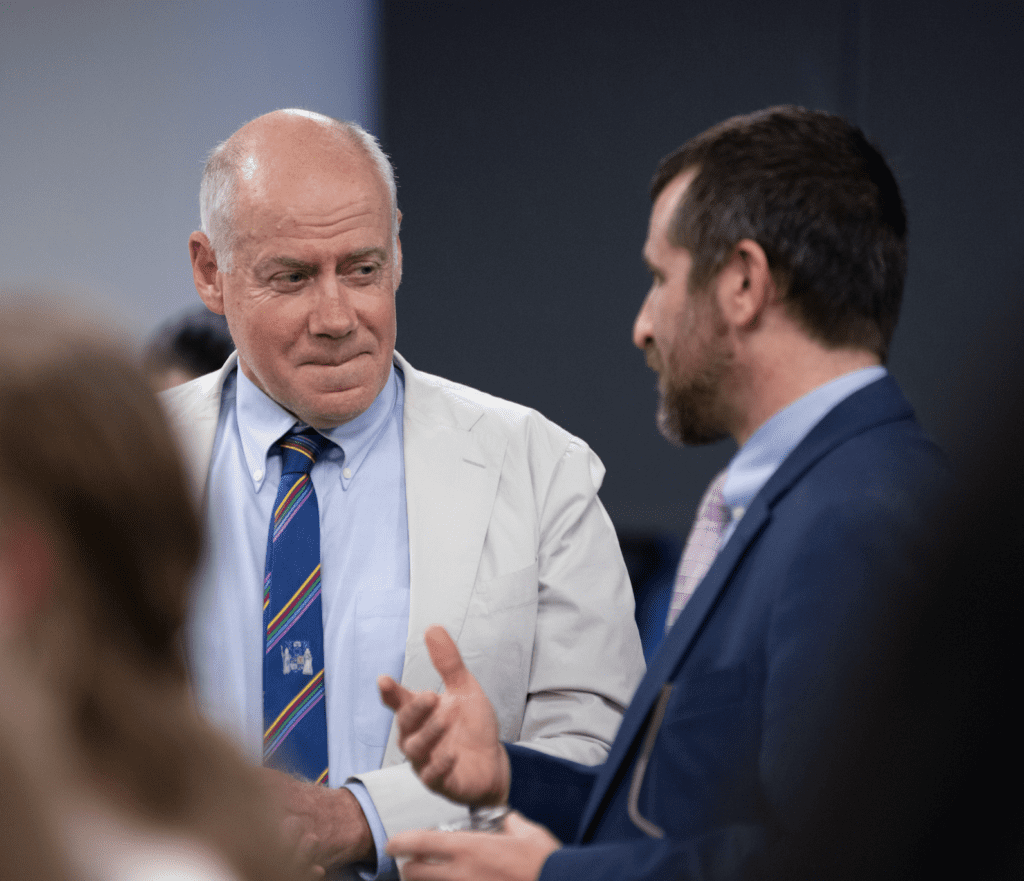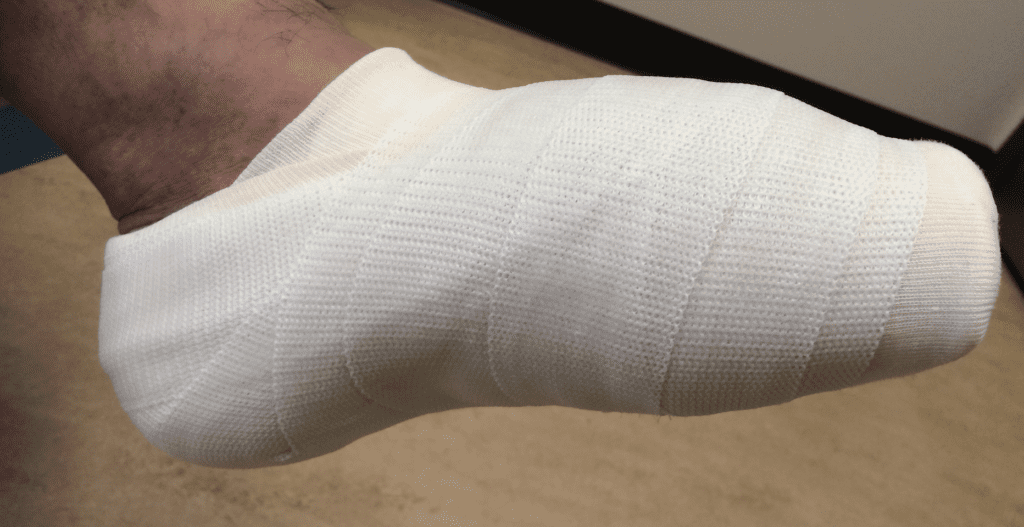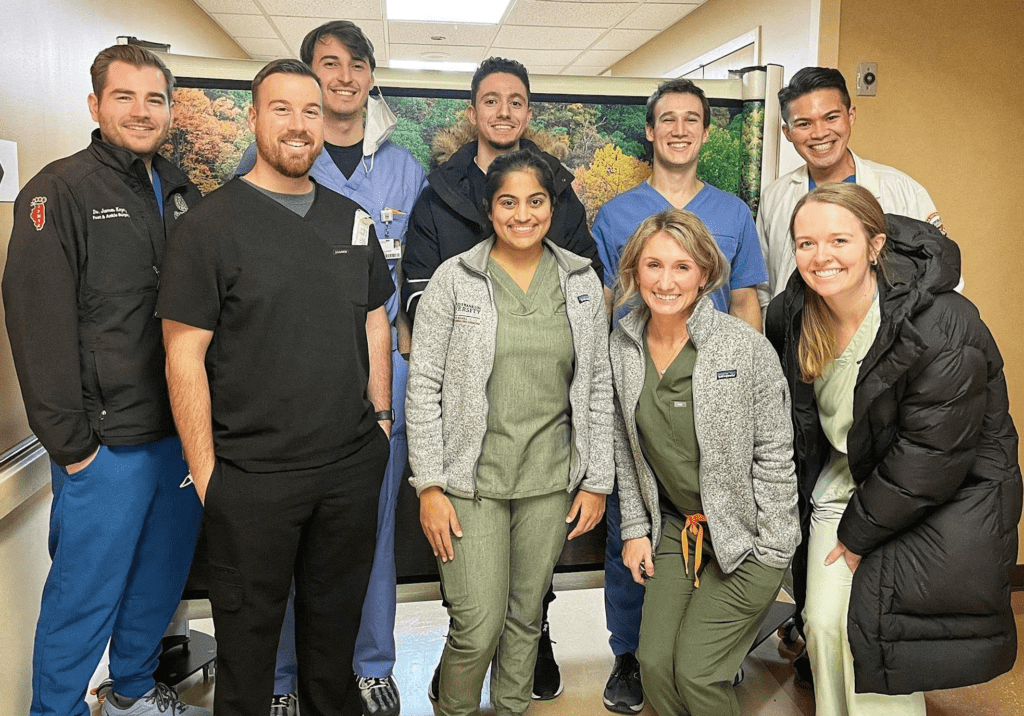Authored by Leland Jaffe DPM – Associate Professor and Dean
Embarking on the journey towards becoming a medical professional is an incredible feat, and securing a residency position is a crucial step in that journey. The residency interview process can be both exciting and nerve-wracking, as it represents the final hurdle before you officially start your medical career. In this blog post, we’ll explore how to master the medical residency interview and increase your chances of success.
Research Programs Thoroughly
Before you even receive interview invitations, it’s important to conduct extensive research on the programs you’re interested in. Understand the program’s mission, values, and the patient population they serve. Familiarize yourself with their faculty, and any unique opportunities they offer. Investigate research that the program focuses on. This knowledge will not only help you make informed decisions but also impress interviewers with your genuine interest in their program.
Practice, Practice, Practice
Mock interviews are a valuable tool for interview preparation. Enlist the help of mentors, advisors, or peers to conduct practice interviews. This allows you to refine your responses, work on your body language, and receive constructive feedback. It also helps alleviate nervousness and boosts your confidence when the actual interview day arrives. I find it helpful to write out your answers to commonly asked questions.
Master the Basics
While the focus of the interview is on your medical knowledge and skills, don’t overlook the importance of basic etiquette. Dress professionally and maintain good posture and eye contact. These small details can make a big impression on interviewers. Furthermore, make sure that you are aware of your nervous “ticks”. For example, if you tend to tap your leg or fidget with an item in your hand, these behaviors can be distracting during the interview. After your interview, make sure to thank them for taking the time to interview you, as the residency programs often dedicate a significant amount of time and resources to prepare for your interview.
Understand Common Interview Questions
While you can’t predict every question you’ll be asked, several common themes frequently arise during residency interviews. These might include questions about your strengths and weaknesses, experiences, and why you’re interested in the particular program. Have well-thought-out responses ready to demonstrate your suitability for the position. Bring your anecdotes to support claims that you make throughout your interview. Some common interview questions include:
-
- What are your strengths and weaknesses?
-
- How would your friends describe you?
-
- Why are you interested in our program?
-
- If you weren’t in this profession, what other careers would you consider?
-
- How would you describe your leadership style?
-
- Tell us about your research experience.
-
- What is the most interesting case that you’ve been involved in?
-
- What is your most important accomplishment?
-
- What are your 10-year goals?
-
- What would you contribute to our program?
Highlight Your Unique Qualities
Your application likely provides a comprehensive overview of your academic achievements and clinical experiences. During the interview, take the opportunity to showcase your unique qualities, experiences, and perspectives that set you apart from other candidates – MAKE YOURSELF MEMORABLE. Emphasize any special skills, hobbies, or experiences that have shaped your approach to medicine and be able to elaborate on items that you’ve included in your CV.
Stay Updated on Medical Trends and Issues
Keep yourself informed about current healthcare trends, updated literature, and relevant policy changes. Being knowledgeable about these topics not only demonstrates your commitment to the field but also shows that you’re aware of the broader context in which you’ll be practicing medicine. Make sure to thoroughly research the residency program for which you are interviewing.
Ask Thoughtful Questions At The End of the Residency Interview
Remember that the interview is also an opportunity for you to evaluate whether the program aligns with your goals and values. Prepare insightful questions about each program (I prefer at least 2 questions per interview). This demonstrates your genuine interest and helps you make an informed decision later.
Be Authentic and Genuine
While it’s important to present your best self, authenticity is key. Be honest about your experiences, aspirations, and challenges. Interviewers appreciate genuine candidates who are self-aware and open about their journey. If you have a blemish on your record and they question it, OWN IT. Remember that while the program is evaluating you, you’re also evaluating the program. The residency program will function like a family for the next few years and while the program needs to feel comfortable with you, you also need to feel comfortable with the program.
Comment below on questions that you were asked during your residency interviews!


Leland Jaffe DPM, FACFAS
Associate Professor and Dean
Podiatric Physician and Surgeon
North Chicago, Illinois


